European project to develop cobalt-free EV batteries awarded €11.8M
Green Car Congress
JUNE 24, 2020
COBRA incorporates environmental impact studies to help ensure that the carbon footprint of the end product is reduced, by eliminating cobalt and other toxic or scarce elements, while using metal components with recyclability of more than 95%. Technical bjectives include: >750 Wh/l cell energy density. 50% pack weight reduction.

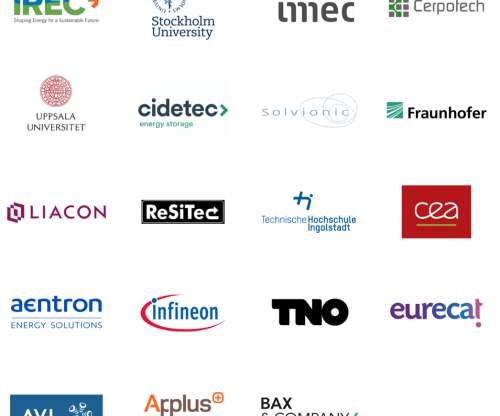













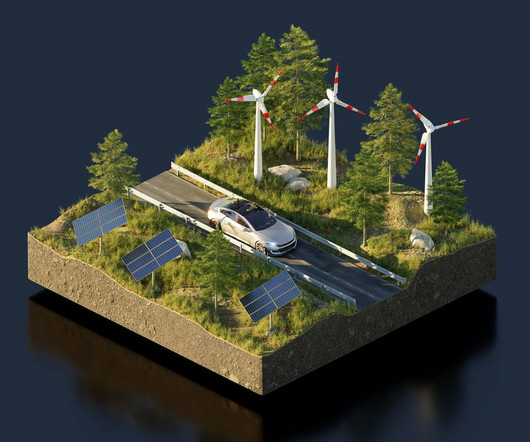
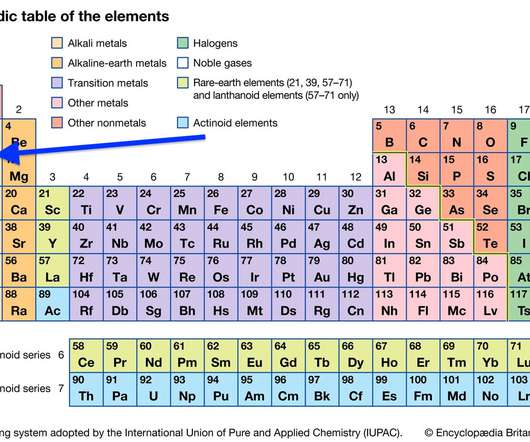



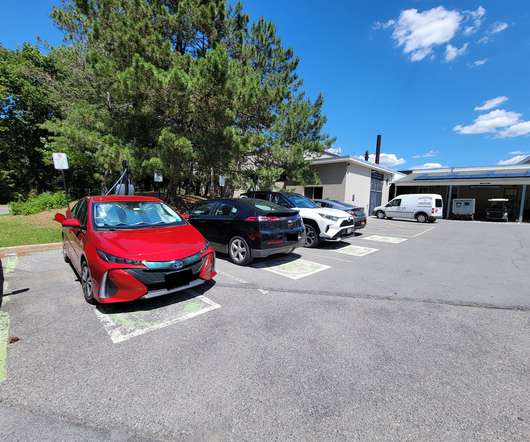
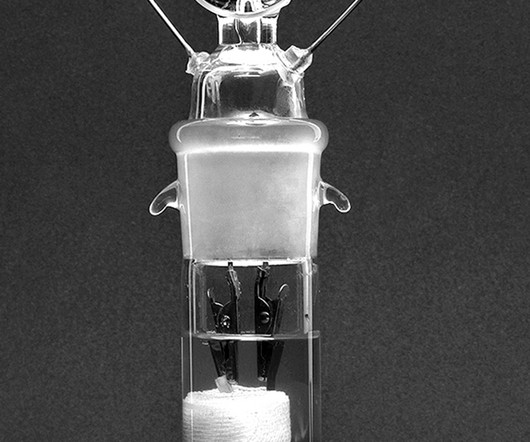












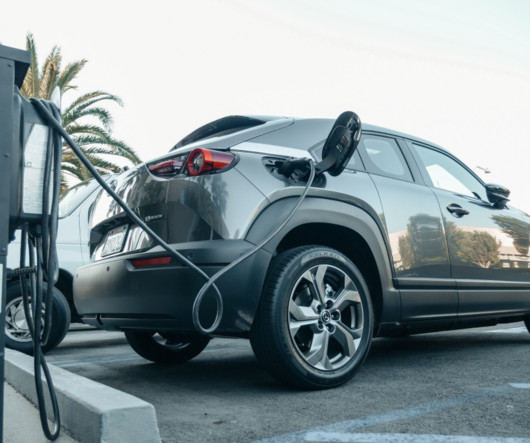






Let's personalize your content